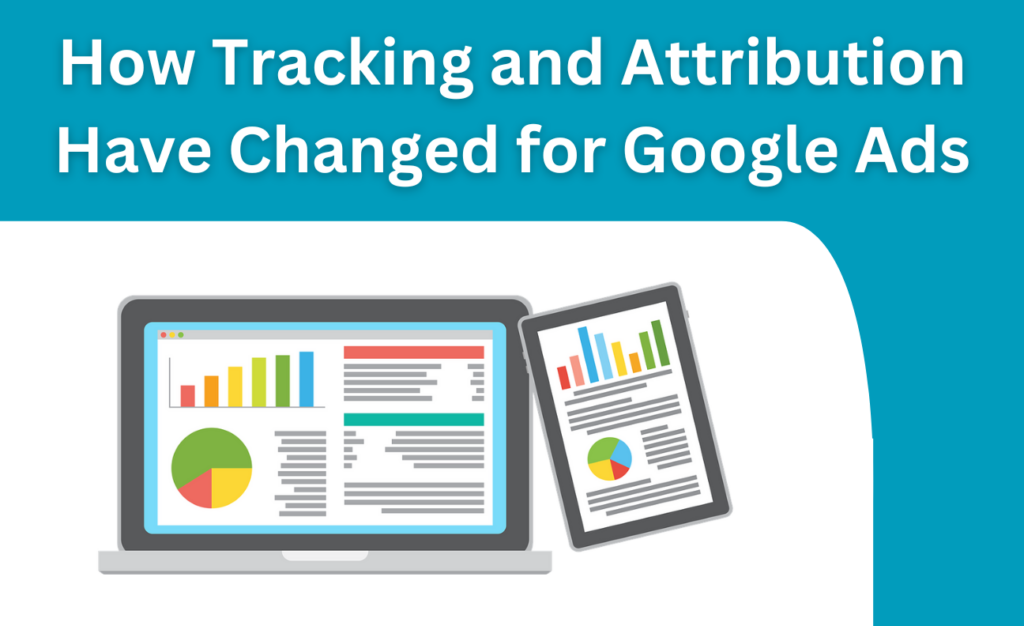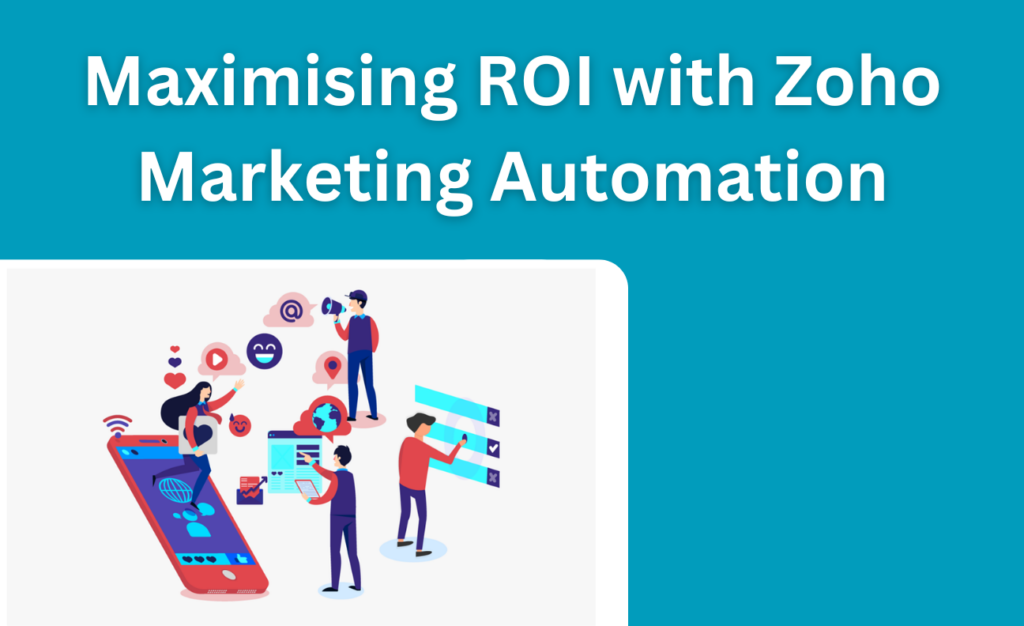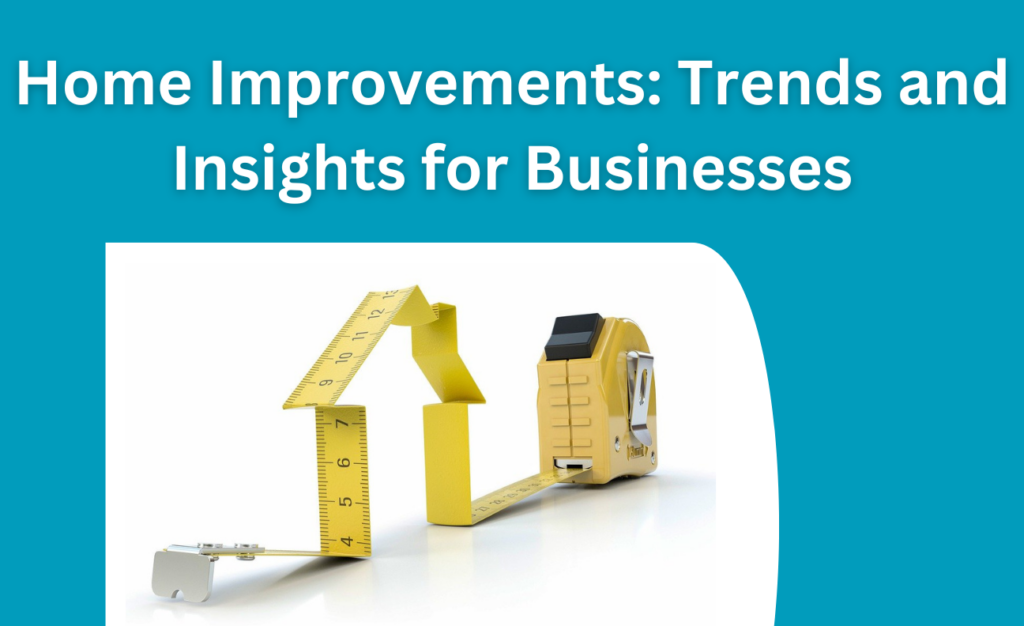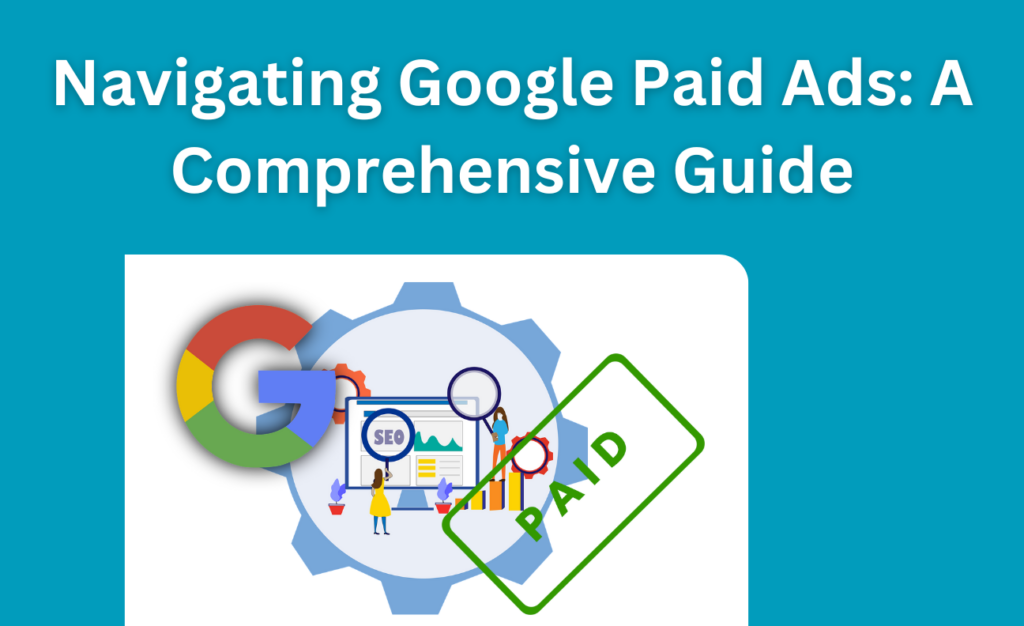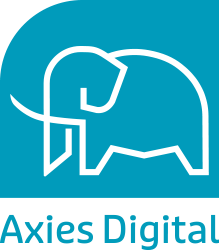Data leakage is a serious problem for businesses of all sizes. Sensitive data can be stolen by hackers, or simply fall into the wrong hands.
If you want to protect your business from data leakage, you need to take steps to secure your data and prevent it from being accessed by unauthorised individuals.
In this blog post, we will discuss some of the best ways to protect your business from data leakage.
What is Data Leakage?
Data leakage is the unauthorised disclosure of data. This can happen when data is stolen by hackers, or simply falls into the wrong hands. Data leakage can have serious consequences for businesses, including financial loss, damage to reputation, and legal liability.
If customer data is leaked, it can lead to identity theft and fraud. If trade secrets or other confidential information is leaked, it can give competitors an unfair advantage. Data leakage can also lead to regulatory fines and penalties.
If a data leak occurs, there are high chances that you lose the customer trust and lead to irreparable damage to your business reputation.
Data Leakage and Data Ethics
Data leakage is a serious problem, but it’s also connected to data ethics. When companies collect and store data, they have a responsibility to protect that data from unauthorised access.
If data is leaked, it can violate the trust that people have in companies to protect their personal information. If the business follows data ethics strictly, the chances of data leakage will be significantly reduced.
How to Prevent Data Leakage?
There are a number of ways to protect your business from data leakage. Below are some of the most effective methods:
Encrypt Your Data
One of the best ways to protect your data from leakage is to encrypt it. Encryption is a process of transforming data into a format that can only be read by authorised individuals. When data is encrypted, it becomes unreadable to anyone who does not have the encryption key.
There are several different types of encryption, but all of them involve transforming data into a coded format. The most common type of encryption is symmetric-key encryption, which uses the same key to encrypt and decrypt data.
Asymmetric-key encryption, also known as public-key encryption, uses two different keys: a public key that is used to encrypt data, and a private key that is used to decrypt it.
Data encryption is an effective way to protect your data from leakage, but it’s important to remember that encryption is only as strong as the key that is used to encrypt it. If you use a weak key, or if your key is stolen, your data will be at risk of being leaked.
Restrict Access to Sensitive Data
Another way to prevent data leakage is to restrict access to sensitive data. This means that only authorised individuals will be able to view or edit the data.
There are several ways to restrict access to data, including physical security measures, such as locks and security cameras; logical security measures, such as user accounts and permissions; and data classification, which is the process of labelling data according to its sensitivity.
Data classification is a particularly important security measure, as it helps ensure that only authorised individuals have access to sensitive data.
When classifying data, businesses should consider the type of information that is being collected, who needs to access it, and the potential consequences of unauthorised access.
Implement Data Loss Prevention Measures
Data loss prevention (DLP) is a security measure that helps businesses prevent sensitive data from being leaked. DLP typically involves the use of software to detect and block the unauthorised disclosure of data.
There are several different types of DLP systems, but they all share the same goal: to protect data from being leaked.
DLP systems can be configured to block the transfer of sensitive data to unauthorised individuals or devices, or to encrypt data before it is transferred.
Some DLP systems also include features that allow businesses to monitor and track the use of sensitive data, which can help them detect and prevent leaks.
Educate Your Team on Data Security
One of the most important ways to prevent data leakage is to educate your team on data security. Employees should be aware of the importance of protecting sensitive data, and they should know the procedures that need to be followed in order to keep data safe.
Data security training can help employees understand the risks associated with data leakage, and it can teach them how to identify and prevent leaks.
In addition to data security training, businesses should also have policies and procedures in place that address data leakage. These policies should be reviewed regularly, and employees should be held accountable for following them.
Conclusion
Data leakage is a serious problem that can have significant consequences for businesses. However, there are a number of ways to prevent data leakage, including encryption, restricting access to sensitive data, and implementing data loss prevention measures. In addition, educating your team on data security is an important way to prevent leaks.
By taking these steps to protect your data from leakage, you can help ensure the security of your business and the trust of your customers.

